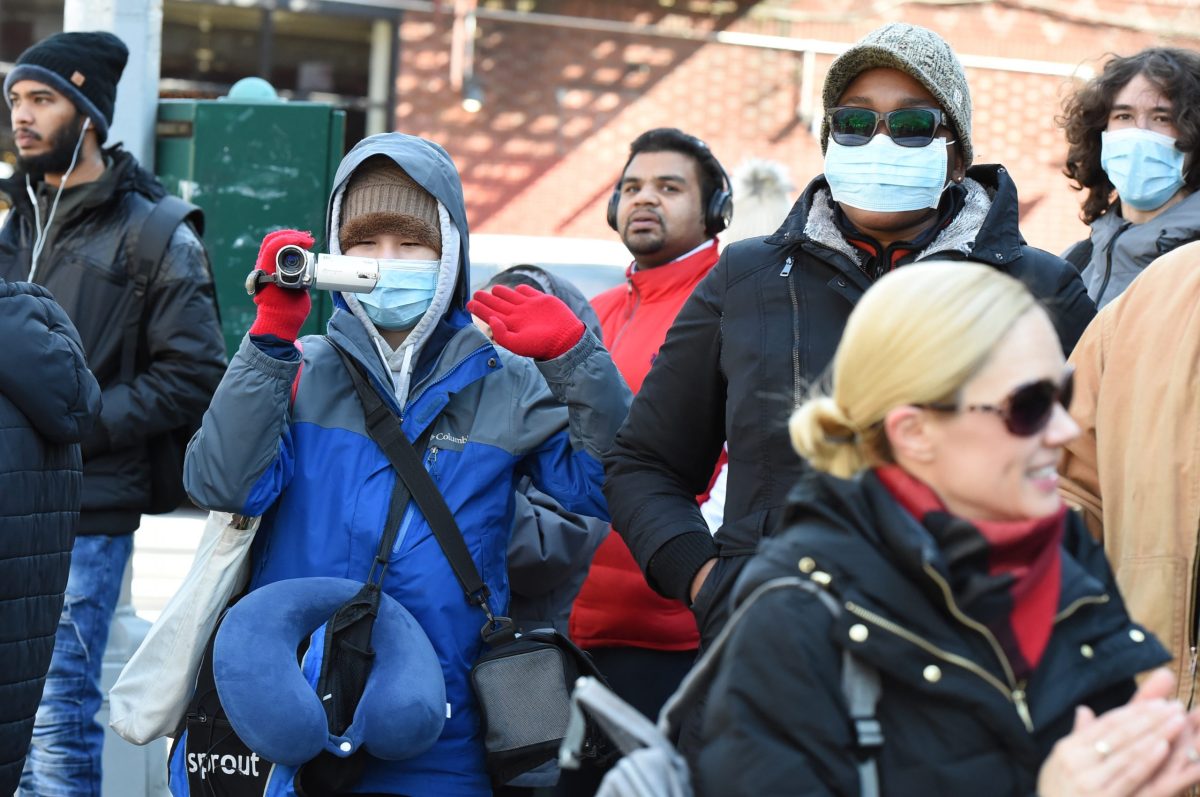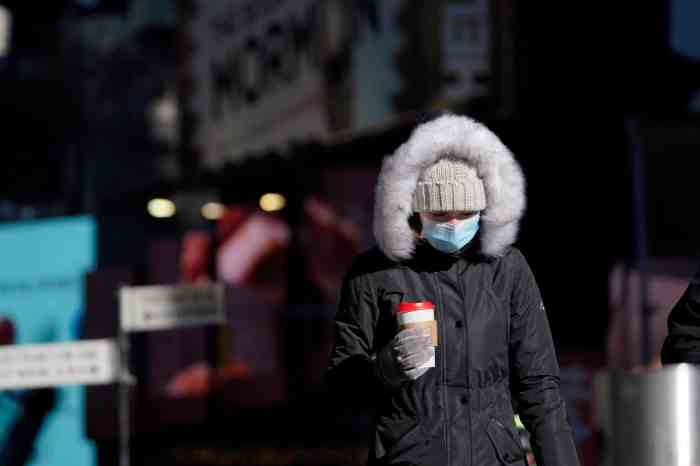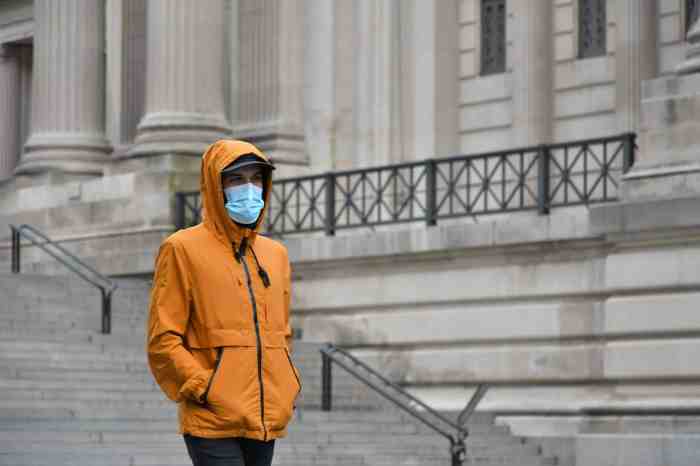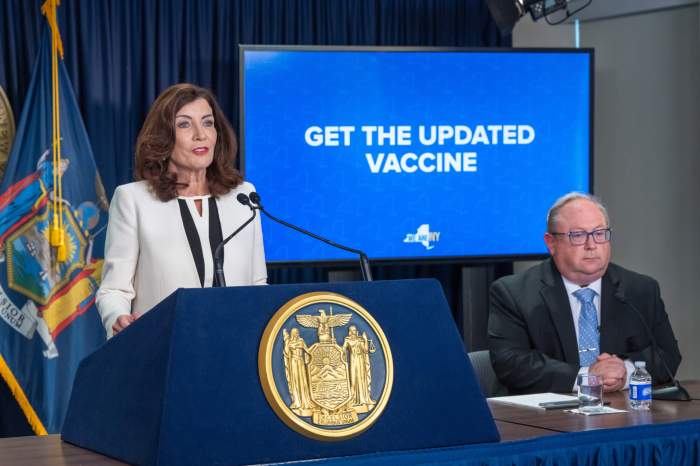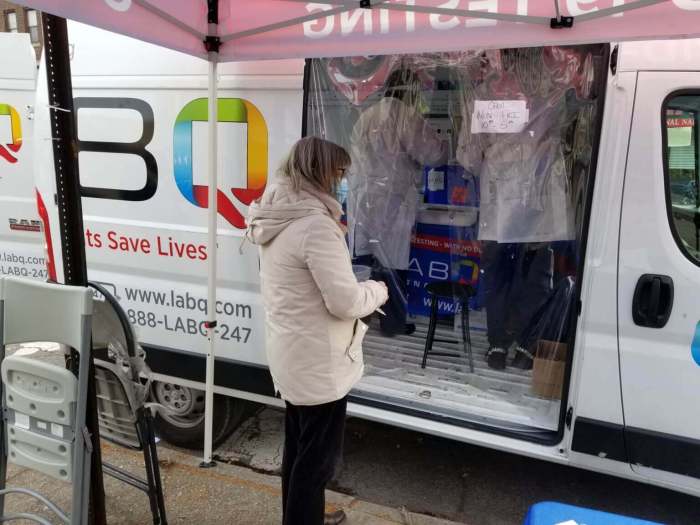As public and health officials continue to warn on the spread of coronavirus (COVID-19) worldwide and in the city, which has experienced eight new cases today, there are ways to better your health to little the chance of infection.
The spreading virus that’s wrecked global economies was described as a “needle within a haystack of other viral infections that commonly circulate around the community this time of year,” by GoHealth’s Dr. J.D. Zipkin, who noted an uptick of patients seen in Northwell’s urgent care system recently.
Coronavirus symptoms are also extremely common and come mostly by way of fever, cough, and shortness of breath while some also experience body aches, nasal congestion, diarrhea, a sore throat, and sometimes low blood pressure.
As far as telling the difference between coronavirus and a separate illness, GoHealth is the only urgent care with direct access to COVID-19 testing, according to the doctor.
“We are actively trying to reduce the background “noise” of other illnesses so we can more clearly identify COVID-19 cases,” Zipkin said.
After becoming exposed to coronavirus, symptoms may develop within 14 days, though it is believed most people become symptomatic about 5 days after exposure.
Shortness of breath typically does not develop until about another 5 days into the illness.
Zipkin also explained that GoHealth staff is being trained “ask and mask” identified virus patients as early as possible.
Though, masking is only something that should be done to those afflicted, according to both Zipkin and the Centers For Disease Control.
“One of the reasons face masks are ineffective (for healthy individuals) is because we typically bring germs to our nose and mouth when we touch our own face,” Zipkin said, adding that remaining in good physical and emotional health are also important factors of preventing the disease’s spread.
“Although it may seem obvious, you cannot underestimate the importance of routine hand washing to protect yourself and your families,” the doctor indicated.
As far as staying in good health goes, Zipkin also advises against “non-essential travel” to areas impacted by the disease along with avoiding contact of those with the virus’ symptoms.
The doctor also advises frequently disinfecting hard surfaces, even ones that don’t always come to mind at first.
Zipkin says that chair backs, shared printers and supplies, water coolers, are among other everyday items like TV remotes, light switches, computer keyboard/mouse and power buttons, doorknobs (especially the handle on the outside of an office) along with elevator buttons are all areas that tend to carry strains of harmful germs.
Also try to avoid leaving your cell phone face down on hard surfaces, the doctor advises.



